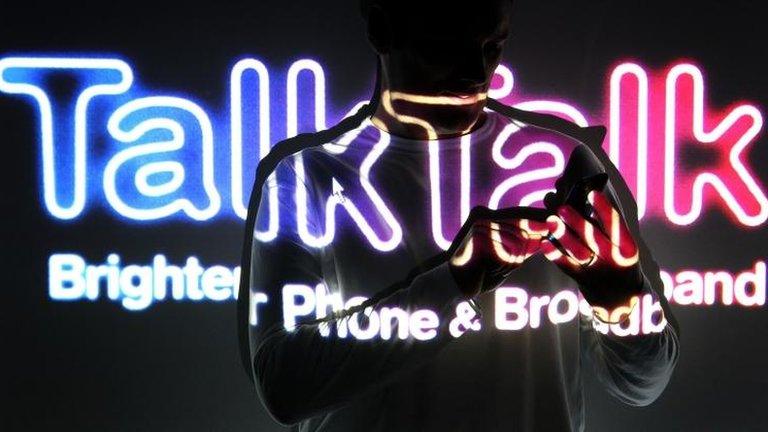Extortion attempt on victims of Patreon site hack
- Published

Some of the featured artists currently seeking funding on the Patreon website.
Some members of the crowdfunding website Patreon, which was hacked last month, say they have received emails demanding bitcoin payments in return for the protection of their private data.
The data listed in the email includes credit card details, social security numbers and tax identification numbers.
Patreon says the email is a scam and the information is false.
The site allows people to make regular donations to artists for projects.

Patreon tweeted reassurance to its members.
The email, tweeted by cartoonist Steve Streza, external, says: "Unfortunately, your data was leaked in the recent hacking of the Patreon website, and I now have your information."
It goes on to ask for one bitcoin (£213; $322) in return for not publishing the information online.
There appear to have been three transactions made to the bitcoin wallet given in the email over the weekend, but each is for a tiny fraction of the virtual currency, amounting to just a few pence, according to the Blockchain, external, a continuing record of every bitcoin transaction made.
About 15GB of data, including names, addresses and donations, was published online in October following the hack attack on Patreon.
At the time, chief executive Jack Conte said card details had not been stolen.
"We do not store full credit card numbers on our servers and no credit card numbers were compromised," he wrote on the company's blog., external
"Although accessed, all passwords, social security numbers and tax form information remain safely encrypted with a 2,048-bit RSA key."
Security expert Troy Hunt told the BBC the hack had been made possible by site tests.
"It looks as though the breach has come about by a fundamental yet very common mistake software developers... make - taking a copy of live production data and placing it in another location that lacks the same rigorous security controls," he said.
"Often this is done for testing purposes and is a very dangerous shortcut as we've now seen."
- Published27 October 2015

- Published2 October 2015

- Published6 November 2015
